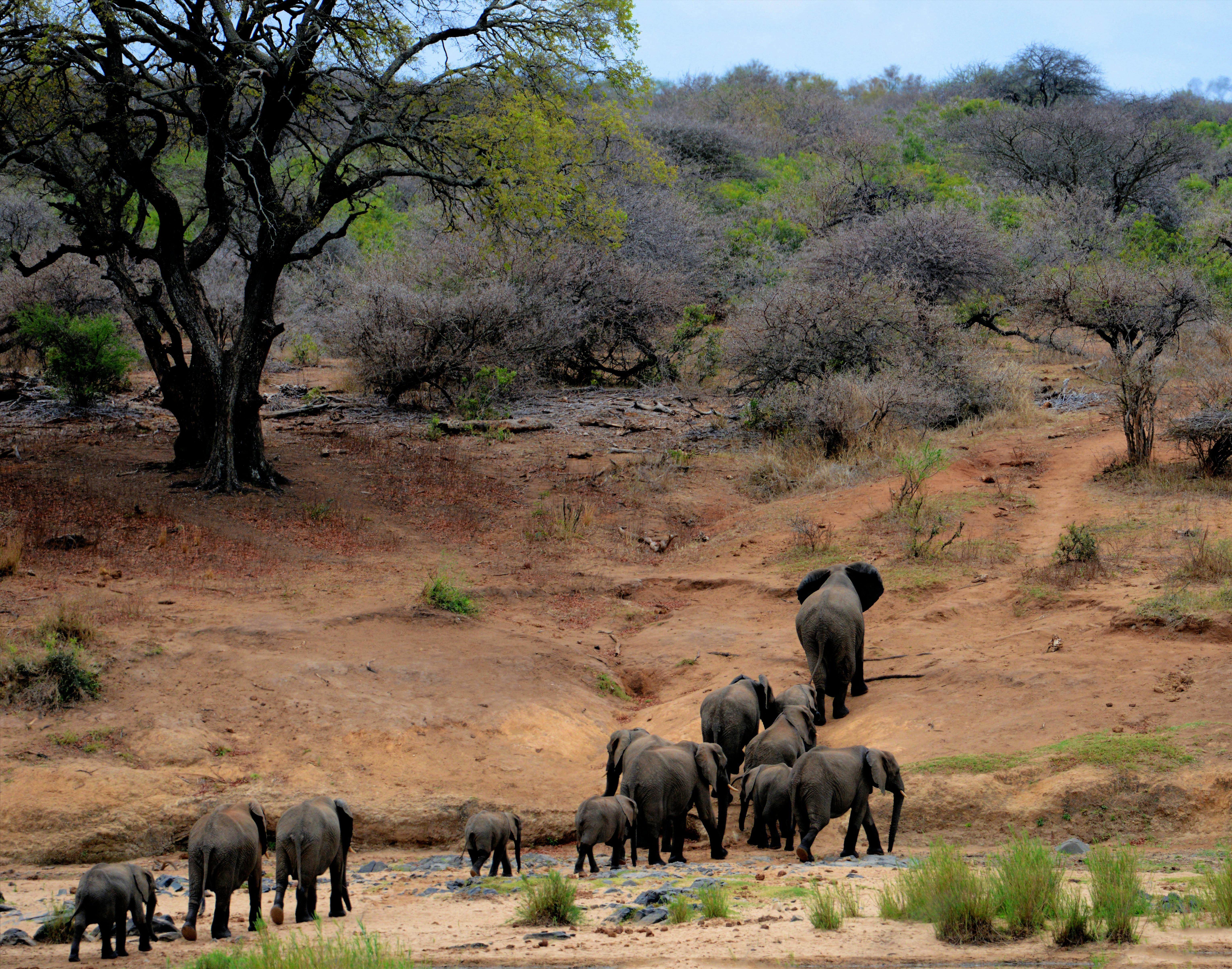

Cameroon has the most dynamic livestock farming in Central Africa. The poultry and beef sectors provide more than 70% of the meat consumed by Cameroonians. Poultry farming is practiced in all regions of the country in traditional and semi-industrial ways. Local production of eggs and chickens manages to cover the needs of the local population, or even be exported to other countries in the sub-region. The Cameroonian beef industry is more focused on meat production than milk production. Cattle breeding is developing mainly in the northern regions and in the west of the country. Cameroon has three major slaughterhouses in Yaoundé, Douala and Ngaoundéré. Despite the dilapidation of the first two, the Ngaoundéré industrial slaughterhouse (inaugurated in 2018) allows a slaughter capacity of 250 heads per day. Other slaughterhouse construction and renovation projects are planned in the cities of Douala, Yaoundé, Bamenda and Kribi. Hhe action of donors combined with private initiatives has enabled an increase in the herd of local dairy cows. In 2021, more than a hundred heifers were imported as part of a dairy project in the northern part of the country. Inseminations are carried out, as well as crossbreeding to increase the production yield of the cows.
After the swine fever epidemic which devastated the country’s pig herd, the Cameroonian government, with the help of the World Bank, imported one hundred breeding pigs in early 2022 to produce parents, multiply them and make them available to fattening farms